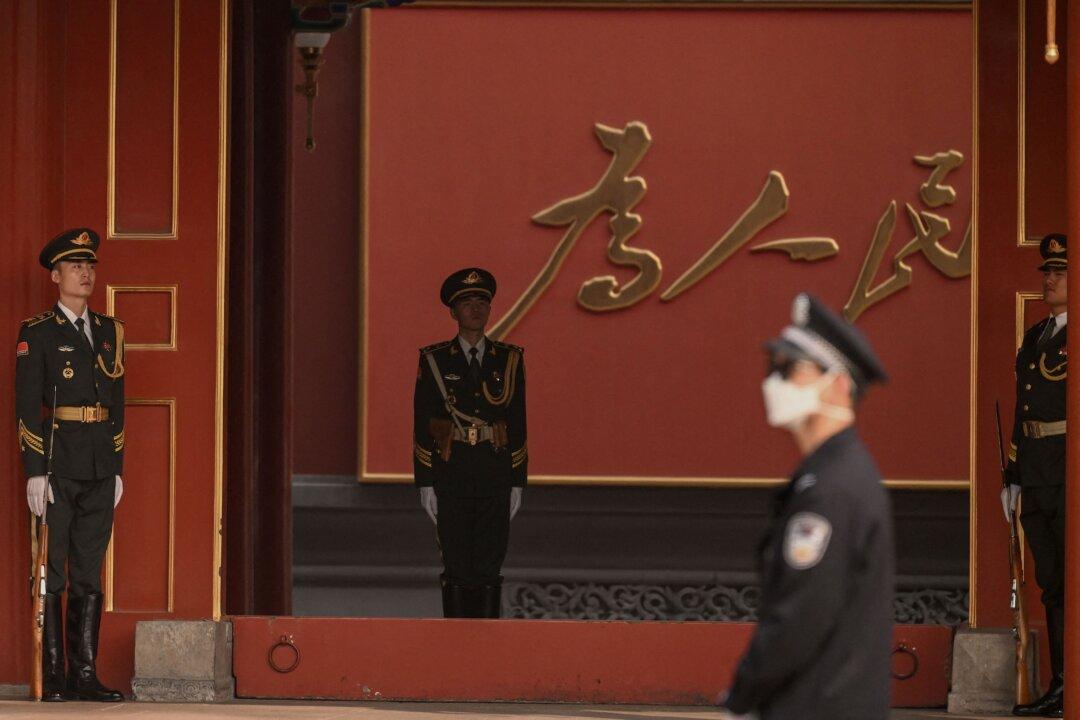Commentary
If China’s existing list of economic and financial problems were not challenging enough for the nation’s leadership in Beijing, the U.S. Congress has decided to add to it.

If China’s existing list of economic and financial problems were not challenging enough for the nation’s leadership in Beijing, the U.S. Congress has decided to add to it.